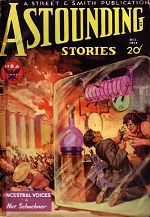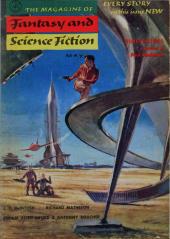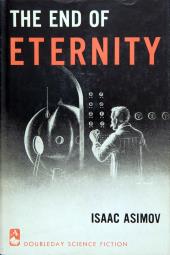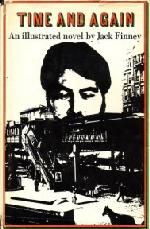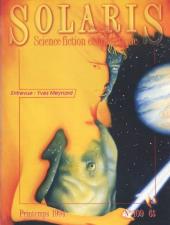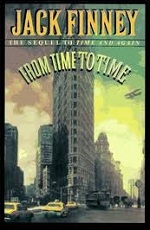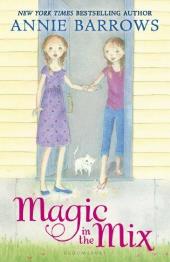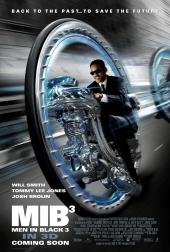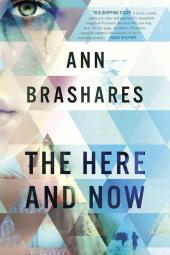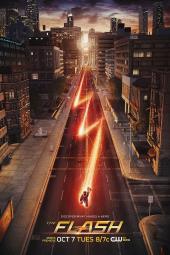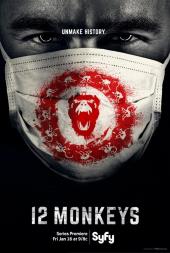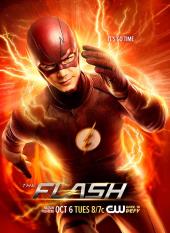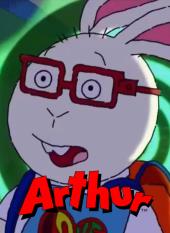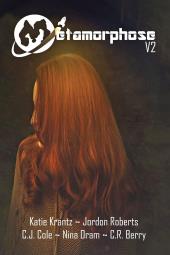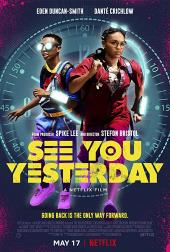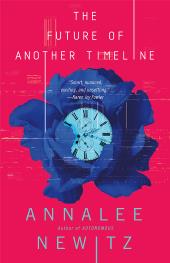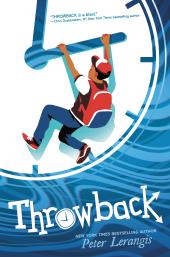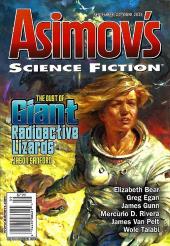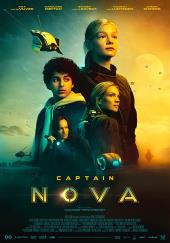Short Story
Ancestral Voices
- by Nat Schachner
- Astounding, December 1933
Time traveler Emmet Pennypacker kills one ancient Hun without realizing who will disappear from the racist world of 1935. —Michael Main
The year of grace 1935! A dull year, a comfortable year! Nothing much happened. The depression was over; people worked steadily at their jobs and forgot that they had every starved; Roosevelt was still President of the United States; Hitler was firmly ensconced in Germany; France talked of security; Japan continued to defend itself against China by swallowing a few more provinces; Russia was about to commence on the third Five Year Plan, to be completed in two years; and, oh, yes—Cuba was still in revolution.

